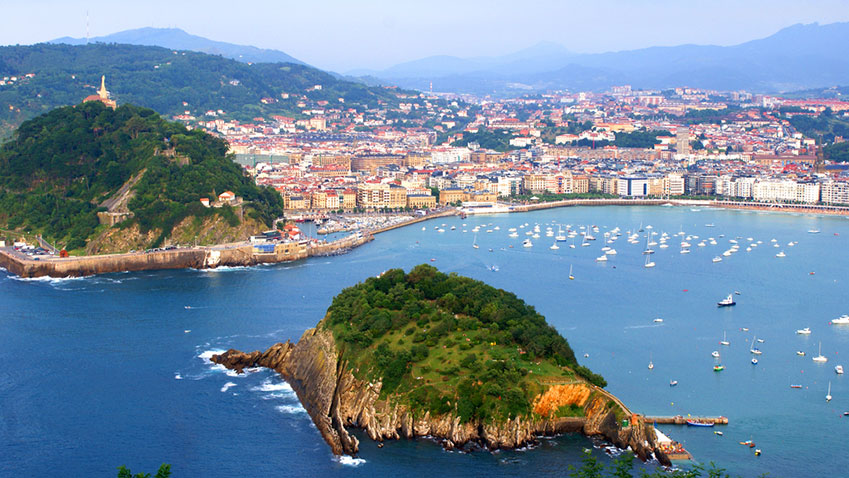How to develop structures on the local level to accelerate the growth and success of initiatives improving citizen participation in democracy? What can democracy innovators do to support the transformation of cities towards more inclusive institutions?
These questions were at the centre of a satellite event, taking place in San Sebastian, the 2016 European Capital of Culture (DSS2016), under the umbrella of the World Forum for Democracy, as part of its Participatory Democracy Incubator. The event brought together democracy innovators with city representatives and Members of Parliament planning to revisit structures of citizen inclusion in political decision-making from a participatory democracy perspective. The discussions revolved around how to better coordinate and how to mainstream what works, with a strong focus on including citizens as actors and leaders. The meeting was organised by the Global Forum on Modern Direct Democracy and the Council of Europe.
The meeting was opened by the Mayor of San Sebastian, Eneko Goia, and Dunike Agirrezabalaga, City Councilor for Participation, who emphasized the importance of citizen participation for the city. The introduction was followed by a presentation on initiatives for citizen inclusion in the preparation and implementation of the programme for the European Capital of Culture 2016. The city introduced a range of innovative initiatives to ensure the broadest possible citizen participation, including crowdsourcing the content of a cultural festival, the installation of participation laboratories, or a Citizens Committee.
The members of the Citizens Committee were randomly chosen by lot in order to include citizens who would usually not necessarily participate in political or cultural activities. Seven different committees were charged to select the projects for the European Capital of Culture year. Pablo Berastegi, Director of DSS2016, emphasized that the Citizens Committees worked very well and efficiently. The city also organized Open Debates with the citizens, to which the city invited an expert to deliberate with the citizens on a given issue. The political scientist Anthony Giddens was for example invited to speak with the citizens about Brexit and its consequences.
After the presentation on DSS2016, the city officials presented the city’s structures for citizen participation. The city’s department for citizen participation was the first department of its kind implemented in Spain and is in place since 1996. The department’s overall goal is to include more citizens in the city’s policy-making structures and to create a culture of participation. Citizens are perceived as political actors and participation as a political right. The citizen participation department operates on three pillars: representation (with an emphasis on transparency, information and regular meetings of elected officials with citizens), dialogue (diversity, compromise, deliberation), and directness (how to universalize citizen participation in a specific scenario). The values supporting this architecture are inclusion, co-responsibility, creativity, autonomy, trust and empathy. The methodology is based on planification, collective intelligence, and efficiency.
An example for a successfully implemented initiative to include more citizens in governance processes is the “Critical Points Map”, to detect places in the city that need to be transformed, because they are, for example, not safe for women. For this project, a Participation Commission was set up which identified 33 spots and six action lines. In order to improve the places and gather feedback, the Commission reached out to neighborhood associations. Citizens in the neighborhoods were involved in the change process of the public spaces. As a result, the citizens were empowered and felt a sense of ownership for the projects.
When the citizen participation department was set up 20 years ago, the city officials encountered the challenge of a lack of trust, both from the politicians, who were afraid of dialogue and criticism towards the citizens, as well as from the citizens who often believed that their input and suggestions would not make any difference in the end. However, during the department’s twenty years of activities, the city officials have observed a change in the political culture. The sentiment of accountability of elected representatives has changed towards more openness for direct exchange with the citizens. Whereas they were reluctant to involve citizens first, they now often call the Citizen Participation office to ask about techniques to include more citizens in their decision-making procedures. At the same time, more citizens participate on a regular basis in the department’s activities. Today, the participatory structures in San Sebastian complement representative structures, having created a political culture of co-responsibility among citizens and elected officials.

